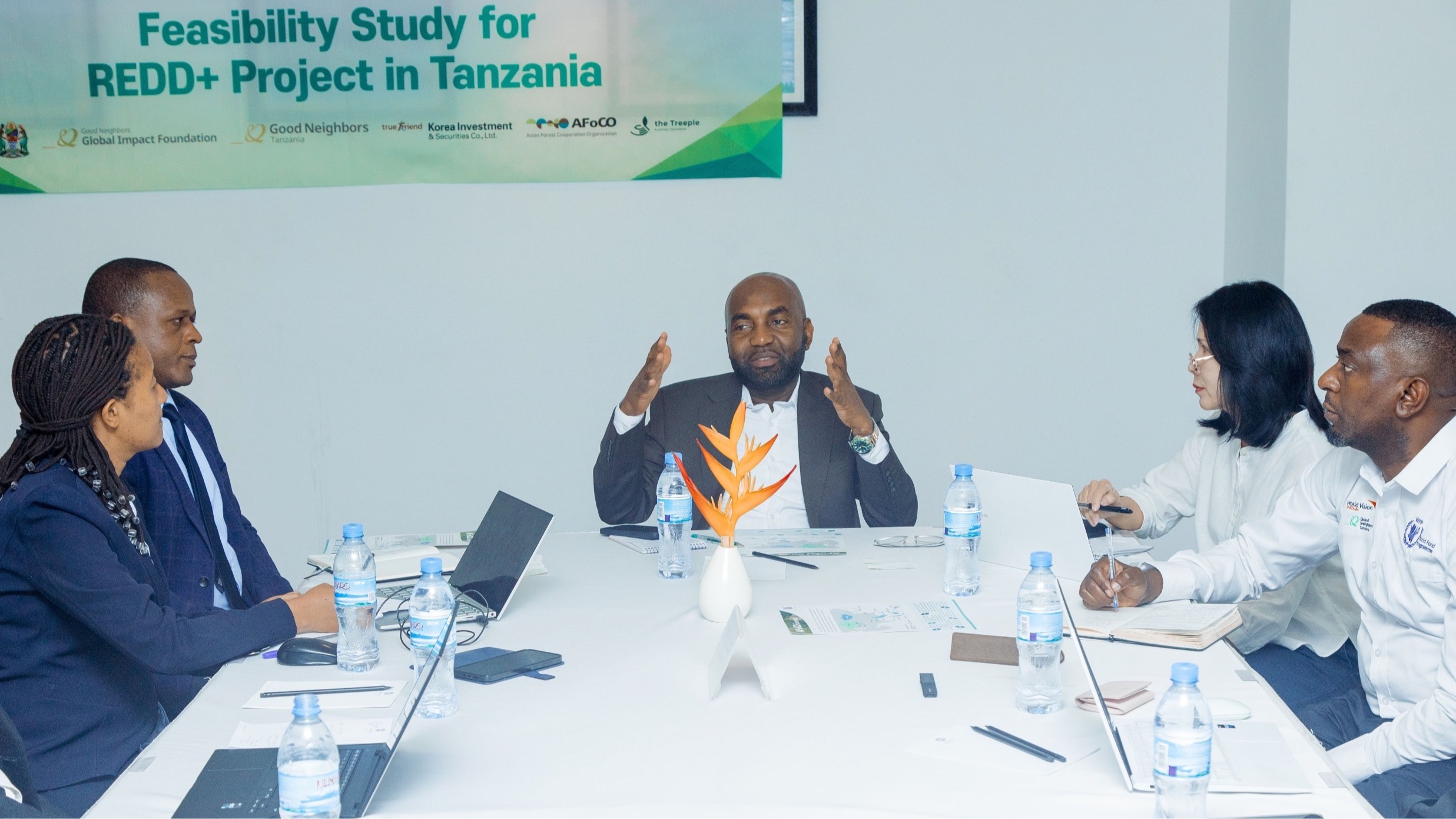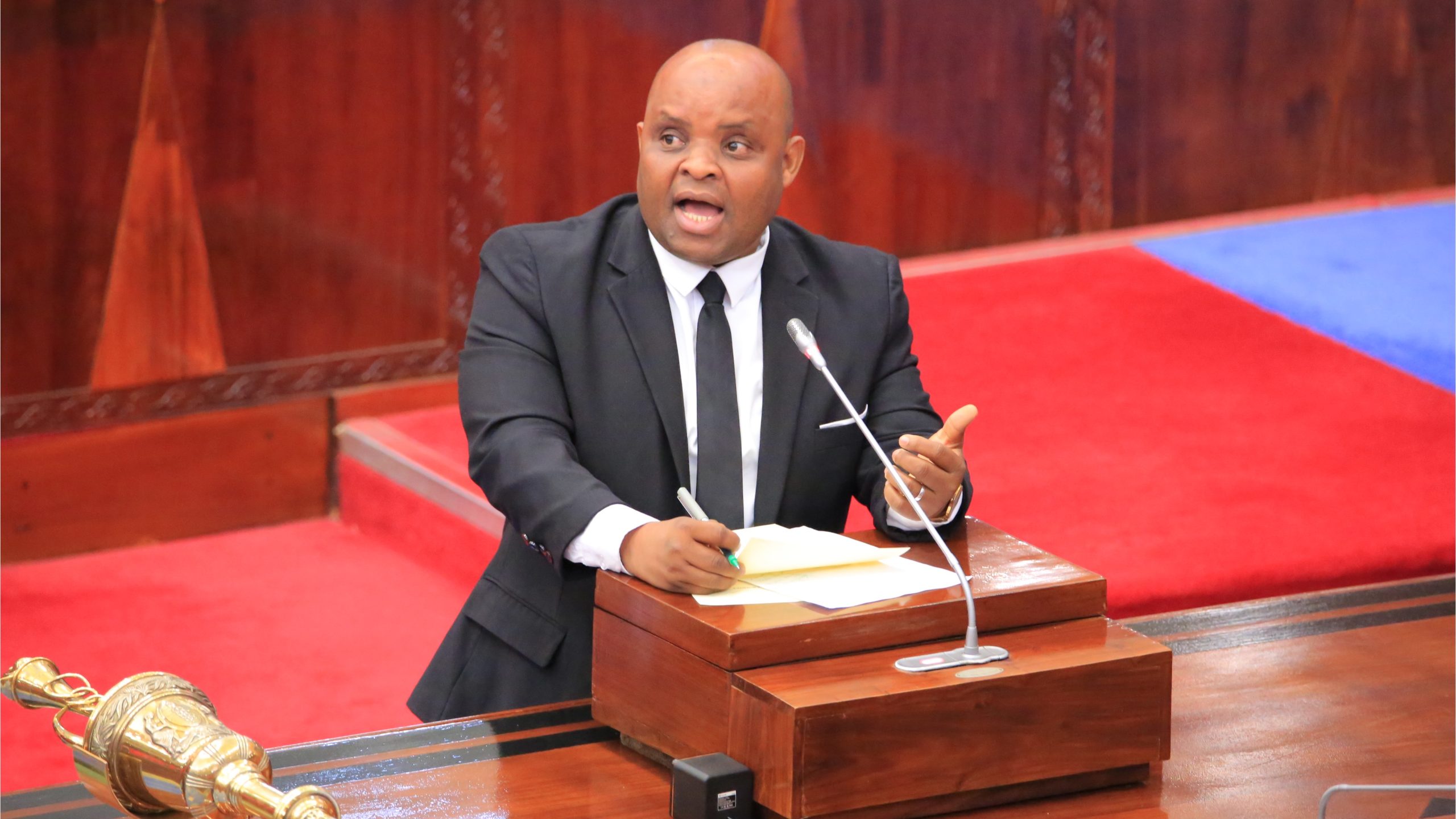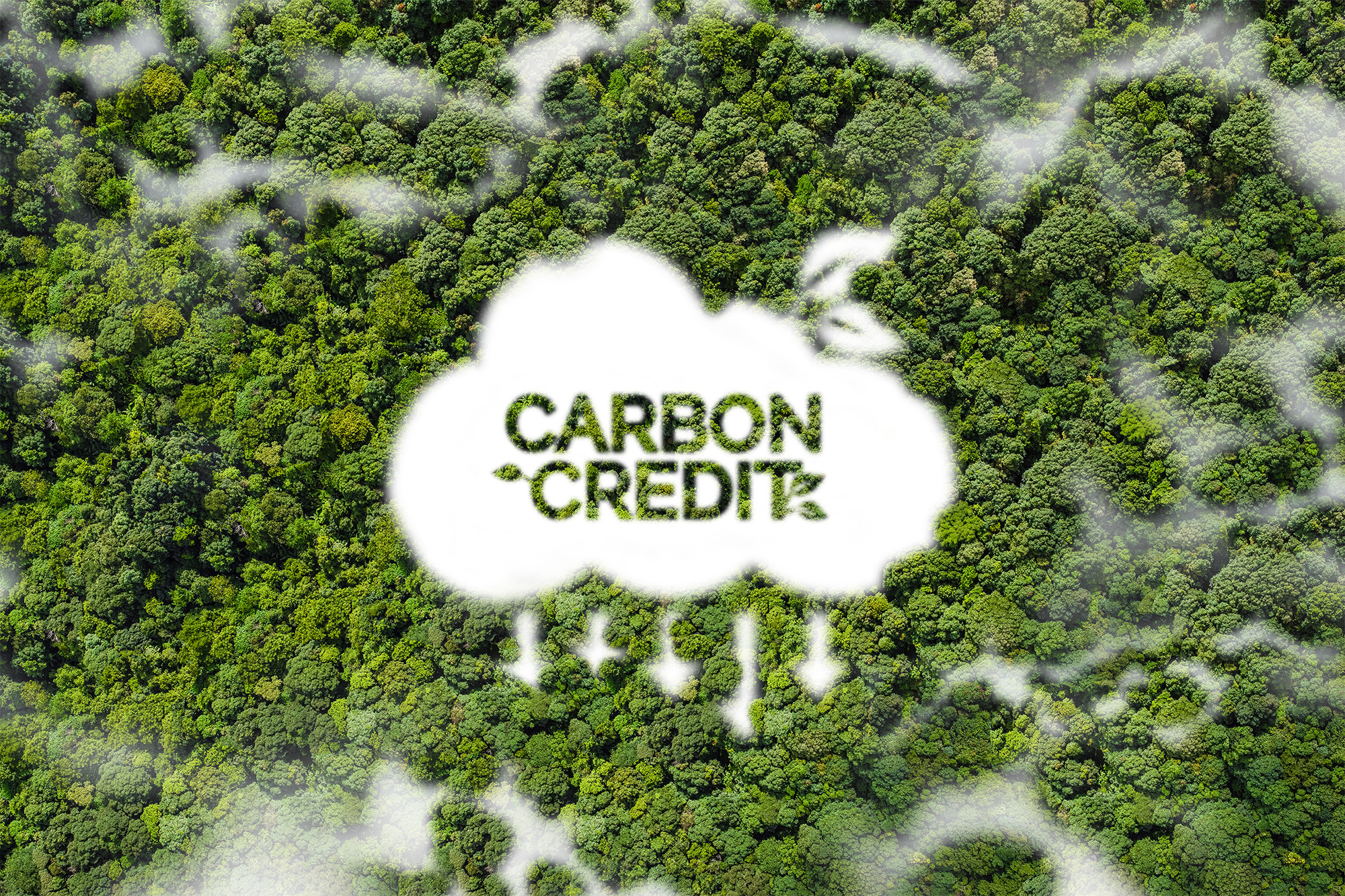Carbon Tanzania marked World Environment Day by handing over Sh14.25 billion in carbon revenue to Tanganyika District communities. Communities in eight villages in Tanganyika District participating in the Ntakata Mountains Carbon project received their eighth and ninth shares of carbon revenue payments, totaling Sh14.25 billion for 2023. This brings the total share of revenues to Sh22.51 billion since the inception of the Ntakata Mountains project. The revenues are earned through a contract with a nature-based investor, Carbon Tanzania, from forest protection activities.

Tanzania’s Vice President Dr. Philip Mpango (seated, center) in a group photo with Carbon Sector Stakeholders at the climax of World Environment Day yesterday, June 5, 2024, in Dodoma, the capital. On his right side is Tanzania’s Prime Minister, Kassim Majaliwa, along with other senior government officials.
Eight village communities and the Tanganyika District Council received a cheque for Sh14.25 billion. The revenue was earned by selling high-quality, certified carbon credits on the Voluntary Carbon Markets (VCM), generated through the protection of their Land Forest Reserves.
The Honourable Vice President, Dr. Philip Mpango, led the handing-over ceremony on June 5, 2024, during the World Environment Day celebrations held at the Jakaya Kikwete Convention Centre in Dodoma.
In 2017, the village governments entered into contracts with Africa’s leading nature-based investor, Carbon Tanzania, defining how successful forest protection would be measured and financially compensated.
The communities are contributing to the global fight against climate change by preventing deforestation in their forest reserves. When forests are cut down, carbon dioxide is released into the atmosphere.
Tanzania’s Vice President Dr. Philip Mpango holds a dummy cheque for Sh14.25 billion issued by Carbon Tanzania at the climax of the World Environment Day celebrations yesterday, June 5, 2024.
This community-led initiative demonstrates how rural Tanzanian communities can access international climate finance through the voluntary carbon market,” said Marc Baker, Carbon Tanzania’s CEO. The VLFRs also create a link between the Greater Mahale ecosystem and Katavi National Park, aiding in the conservation of habitats for elephants.
The farming communities of the Bende and Tongwe protect their forests and the valuable stored carbon, generating income from carbon offset sales to fund their conservation activities through REDD+.
The REDD+ project, certified by VCS and CCB, prevents 15 million trees from being cut down annually and avoids the release of an average of 550,000 tonnes of CO2 emissions each year.
Environmental Impact
Before the project development, deforestation in the project area was at 3.5%, above the national average rate of deforestation. The project is expected to significantly reduce deforestation rates, preventing 5 million trees from being cut down annually.
When deforestation is prevented, the resulting reduction in emissions is measured as carbon credits. Carbon Tanzania sells these credits on the Voluntary Carbon Markets (VCM), providing the communities with access to the global financial system.
The village communities, in cooperation with the District Authority, will plan the budgeting and disbursement of these revenues in line with local and national development goals and the government’s recently released carbon trading regulations.
Marc Baker Carbon Tanzania’s CEO said, “Climate finance represents a significant opportunity for Tanzania. As the leading investor in the protection of natural forests in this country, Carbon Tanzania aims to continue to work with the Tanzanian Government to enable access to finance that is linked to climate financing and deliver billions of shillings to forest surrounding communities who protect their forests.” This community-led initiative demonstrates how rural Tanzanian communities can access international climate finance through the voluntary carbon market.
Company Overview Company Overview Carbon Tanzania is a business making the protection of forests and biodiversity valuable to Tanzania and its people. Carbon Tanzania generates value for Tanzania’s economy and its people by producing nature-based carbon credits that enable people to earn revenues from the protection of their natural resources. These carbon credits allow global businesses with credible decarbonization and nature-positive strategies to invest in a locally produced nature-based solution that serves the climate, communities and wildlife.
Carbon offsetting
Carbon credits are generated once an independent assessor verifies how many tonnes of carbon is stored in a forest landscape. Because companies and organizations around the world want to reduce the carbon they are responsible for adding to the atmosphere, they will pay to have the carbon stored in Tanzania counted against the carbon they release. They are ‘compensating for their carbon output with the Tanzanian stored carbon.
Each tonne of carbon is valued at a dollar figure. That tonne of carbon is then ‘sold on the market, and the revenue is paid back to the community, who decide how to spend it. Carbon Tanzania focuses on the benefits available by avoiding cutting down trees). This is part of the global REDD (Reduced Emissions from Deforestation and Degradation) framework.
Project Overview
Ntakata Mountains Project
The Ntaksta Mountains Project protects 216,994 hectares of Miombo woodland in the Greater Mahale Ecosystem, western Tanzania. Eight villages, incorporating 57,189 people, participated in the project. By developing Village Land Forest Reserves (VLFR), the communities can protect important habitats for the endangered eastern chimpanzee.
The project also protects the endangered eastern chimpanzee, wild dog, Egyptian vulture, and lappet-faced vulture. In addition, they protect vulnerable species including elephants, ground hornbills, leopards, and lions, as well as the critically endangered white-backed vulture and Rüppell’s griffon vulture.
Climate mitigation
The project avoids, on average, 550,000 tonnes of carbon dioxide emissions per year. It generates certified carbon credits by protecting threatened forests and selling these credits to companies looking to reduce their carbon emissions. Revenue from carbon credit sales provides salaries for community rangers, supports a health fund, and funds infrastructure for education and community development projects. The project is certified by VERRA’s VCS & CCB, an international third-party standard.




